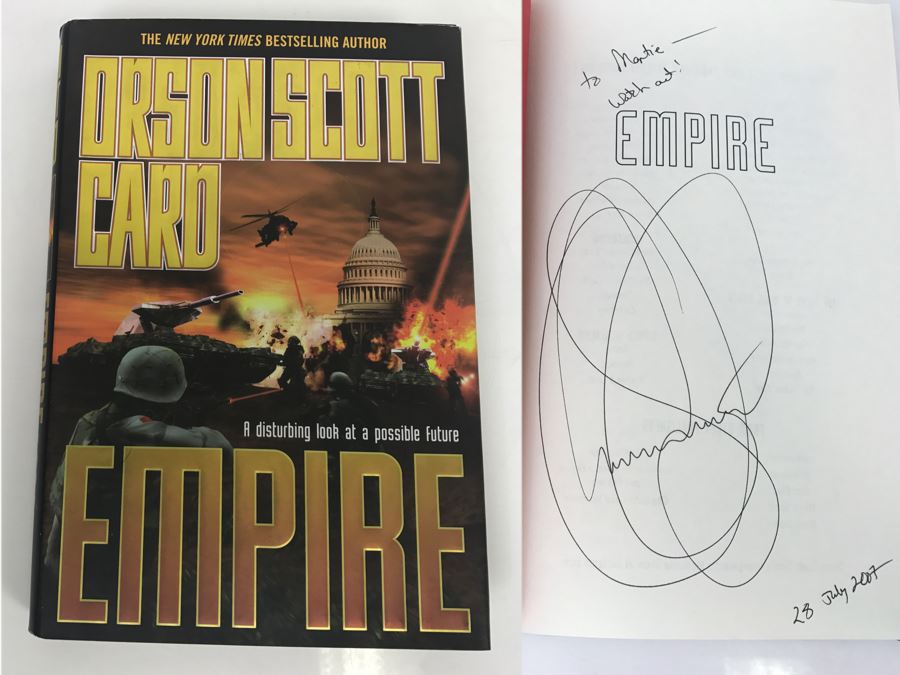

But they stand by him: In Malich's world, heavily shaded by her Catholic beliefs, loyalty is a top virtue.When Card finally gives in to the moral ambiguity of reality, the book's Christian themes gain strength.

People close to Torrent, including Cecily Malich, a top presidential adviser and the widow of the hero who defeated the rebellion, worry about Torrent's intentions. can and should direct the globe's political economy - an idea Obama has disavowed as recently as this month - Card explores how a domestic monopoly on power could be used to shape the transition to a "post-oil world." But he takes a pass on the modern challenge of terrorism, selecting instead a virulent and lethal virus (with parallels to ancient Rome and to the 1918 influenza epidemic) as his character's nemesis.Torrent, a historian who came to power following a rebellion and mass assassination, calmly imposes a quarantine on the entire continent of Africa after the virus appears there in humans. But he acknowledges that his fictional President Averell Torrent has "even more of a monopoly on power and media attention," with his access to and control of leaders of both the Republican and Democratic parties.On the assumption that the U.S.

In notes at the novel's end, Card says - without naming him - that President Barach Obama's ascendance inspired him. A favorite among sci-fi readers and video gamers, the prolific Orson Scott Card has taken on a topic closer to real life than usual - and with more of a Christian tone.Set only a few years in the future, "Hidden Empire" is an engaging, if not finely written, parable about heroism and history and Christian faith.


 0 kommentar(er)
0 kommentar(er)
